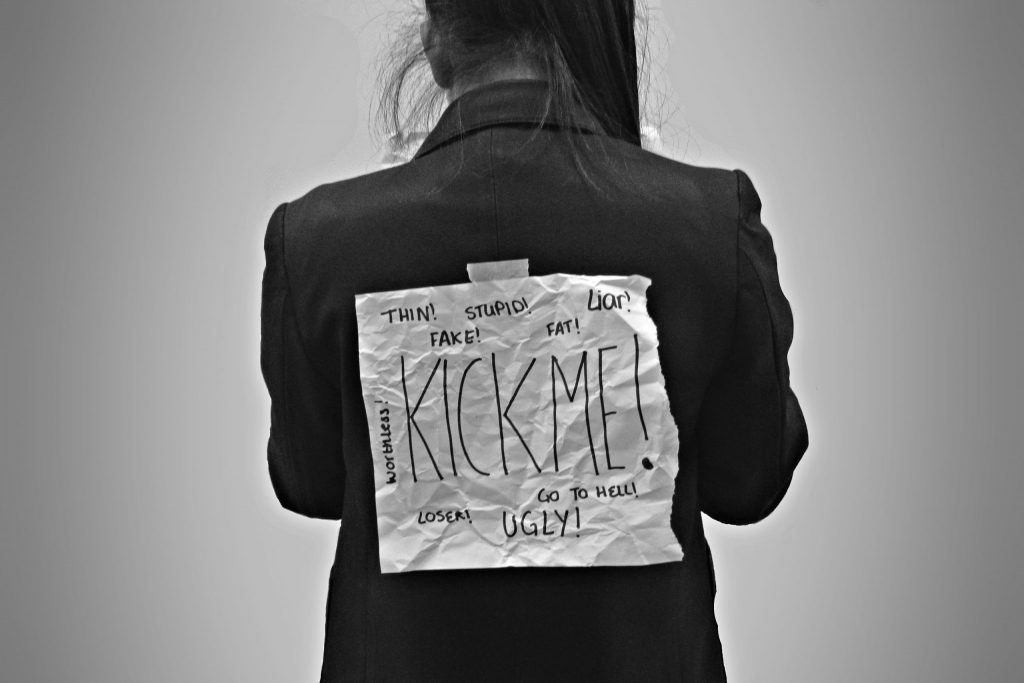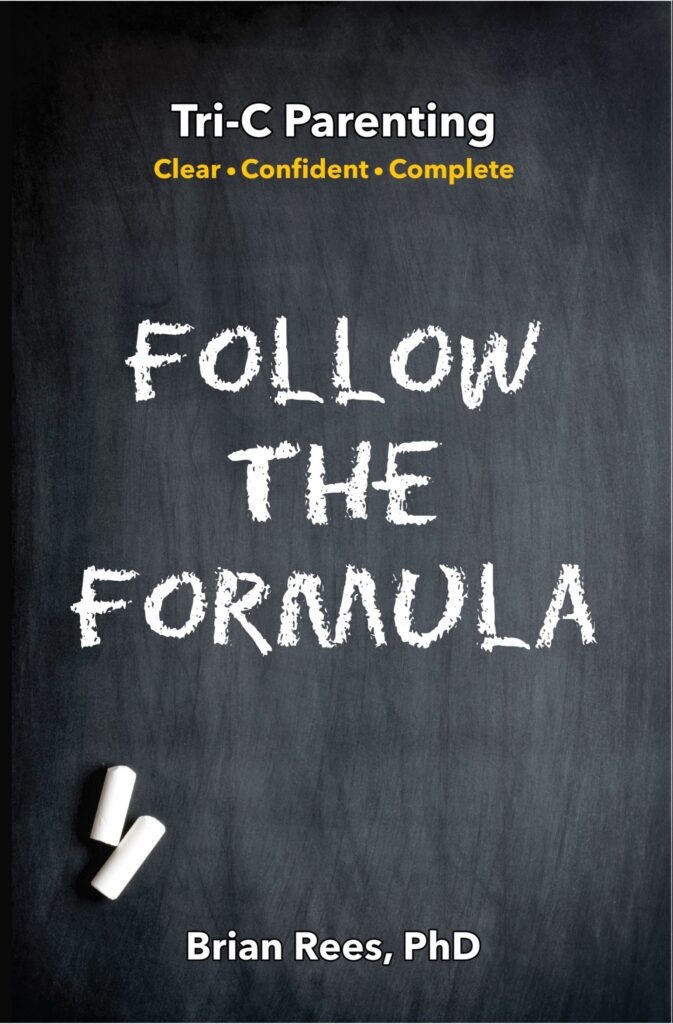Consistently being good parents is hard!
Why? Humans, young or old, are very complex. We come from numerous backgrounds, deal with diverse social norms, can have hugely contrasting personalities and belief systems, possess different strengths and weaknesses, and can communicate and interpret information very differently. This means that in the vast realm of parenting, there’s a great deal of variation.
Parenting Power Boosts
Parenting Concerns
In a classic system (which some of you may recognize) developed by Diana Baumrind, parenting styles can roughly be categorized as Permissive, Authoritarian, Neglectful, and Authoritative. Permissive, the parent acts more like a friend, rather than a responsible caregiver. The parent certainly loves and wants the best for the child, but tends to enable, not empower. The permissive parent hesitates to enforce age-appropriate rules, easily caves in, and dislikes conflict. Example: Allowing the youngsters too much time playing video games to avoid potential confrontation, and/or an overriding desire for the kids to “be happy.” In the book Tri-C Parenting, I define all four styles. I have also added one called Compassionate Boss” because I see many of these types of parents in my private practice office.
Mayoclinic.org does a nice job describing issues related to bedwetting. Sometimes prolonged bedwetting can be caused from medical issues, such as a small bladder, nerves in the bladder late to develop, or diabetes. However, sometimes it can be due to other factors, like the inability to handle stressful events, anxiety, mild autism, or ADHD. Bedwetting typically ends by ages five to seven, so if your child is still regularly wetting the bed, consult your pediatrician to determine if it is a medical condition. If it’s not, and you are not sure if your child is struggling with a mental health issue, then seek a child therapist. Do not guilt and shame. Your kid knows to not wet the bed – determine what the real issue is and address it appropriately, as you exercise understanding and patience. It is almost always fixable.





